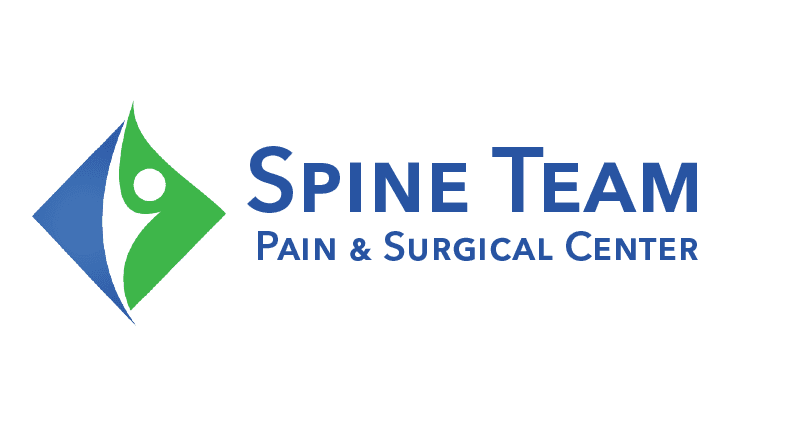Head Pain
Headaches are the most common cause for head pain. Migraines affect millions of people. Other causes for pain in the head area (not due to trauma) include occipital neuralgia and trigeminal neuralgia. There are many different types of headaches, some very common and others caused by serious cases such as a brain tumor or aneurysm.
Common Types of Headaches:
- Allergies
- Tension
- Cluster
- Sinus
- Rebound
- Migraine
- Arthritis
Minor headaches can be relieved easily by taking over the counter pain medications,consuming caffeine, relaxing for some time or simply by getting some rest. However if you have a severe headache that does not improve with any of these remedies and last longer than a normal headache, it may be a symptom of a serious medical problem such as a stroke, tumor, blood clot or aneurysm.
Headaches for most are simply an annoying distraction and irritation that differs from your normal daily life. An easy way to reduce the depth and the frequency of headaches is to make a change in your lifestyle habits. Even small changes in your daily life can make large improvements with your headaches and pain. Reduce headaches with relaxation techniques, yoga, massages, rest, or by eliminating sources of stress.
If you change your lifestyle and still feel the persisting pain and ache of headaches, there are medications that will help to relieve the symptoms. If you experience any severe and lasting symptoms it is critical that you consult your physician to ensure that you are properly taken care of and can take the proper steps to eliminating your head pain.
Conditions Associated with Head Pain
- Migraine Headaches
- Occipital Neuralgia
- Trigemina Neuralgia
Diagnosing Head Pain
- Blood Chemistry
- Urinalysis
- CT Scan
- MRI Scan
- Sinus X-Ray
- Electroencephalogram
- Eye Exam
- Spinal Tap
Common Treatments for Head Pain
- Epidural Nerve Block
- Medication Management
- Radiofrequency Neuroablation
- Rehabilitation
Head Pain FAQs
How do you treat head pain?
Over-the-counter pain medications can cure simple headaches. However, OCD medication may be ineffective if the headache isn't gone. Certain treatments like Epidural Nerve Block, Medication Management, Radiofrequency Neuroablation, and Rehabilitation can lower the frequency or severity of your headaches. Antidepressants have also helped some persons with persistent tension headaches. Opioids should be avoided.
What can cause head pain?
There are many types of persistent headaches and various underlying reasons for them. Stress, medications, food, jaw problems, and disorders of the eyes, ears, nose, and throat can all trigger headaches. Other symptoms include-
- Certain Drugs.
- Ear, nose and throat problems.
- Nervous system dysfunction.
- Head, neck or spine Injury.
- High Blood Pressure.
- Poor posture puts unnecessary strain on the back and neck muscles.
- A hangover from alcohol or drug abuse.
- Extreme hot or extreme cold temperature.
- Dehydration.
- Loud noises.
How long does it take for the head pain to go away?
It depends. Tension headaches can last 30 minutes or sometimes months. In general, the symptoms of a tension headache come on gradually and go away quickly. They usually occur in the middle of the day. Cluster headaches usually last no more than a week. Chronic tension headaches can cause symptoms to last for months. Although infrequent, these headaches can hurt your quality of life.
How do I know if my headache is serious?
Please see your doctor if you have headaches that are more frequent than usual, are more severe than usual, do not improve with over-the-counter medications, or prevent you from participating in typical activities. Other common danger signs include-
- Headache that comes out of nowhere (thunderclap headache).
- First-time severe headache or sharp pain, stiff neck and high temperature between 102 and 104°F.
- Nausea and vomiting.
- Disorientation or loss of balance.
- The pain wakes you up.
- The pain gets worse when you change position.
- Speech is unclear or difficult to understand.
How many types of head pain?
Head pain can be of several types. However, these are the 4 most common types of pain-
- Tension
- Cluster
- Sinus
- Migraine
Mild headaches can be cured quickly by using over-the-counter pain relievers, drinking coffee, relaxing briefly, or simply resting. However, severe headaches don't improve with any of these treatments and last longer than a normal headache. It could signify a serious medical condition such as a stroke, tumor, blood clot, or aneurysm.

